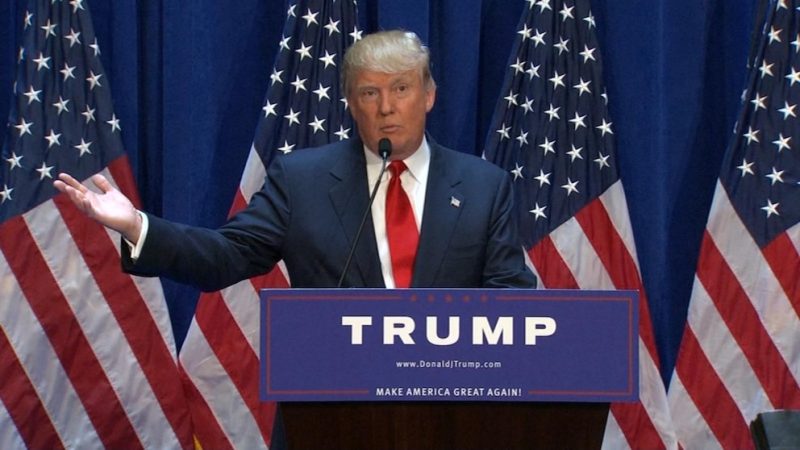
June 16th marks a significant date in recent American political history. Ten years ago, Donald Trump, then a reality TV star and businessman, announced his candidacy for the presidency of the United States. The announcement, made from a golden escalator at Trump Tower in New York City, was far from conventional, immediately capturing the attention of the media and the public. At the time, he was the twelfth Republican to enter the race, a relatively crowded field of established politicians and seasoned campaigners.
The spectacle of the announcement itself – Trump’s descent from the gilded escalator, the dramatic lighting, and the sheer audacity of his candidacy – foreshadowed the unconventional nature of his campaign that would follow. It wasn’t just the setting, but his message that differentiated him from the pack. He tapped into a palpable dissatisfaction with the political establishment, promising to ‘Make America Great Again’ with a populist appeal that resonated with many voters.
Looking back, the 2015 announcement serves as a pivotal moment. It marked the beginning of a campaign that would ultimately lead to an improbable victory and a presidency that profoundly reshaped the American political landscape. The event’s lasting impact is undeniable, shaping not only the 2016 election but also continuing to influence political discourse and strategy today. The image of Trump on that escalator remains an iconic symbol of his campaign, a reminder of the unexpected twists and turns of modern politics.
The tenth anniversary of this event provides an opportunity for reflection. It’s a chance to consider the broader implications of Trump’s candidacy, its success, and its lasting impact on the Republican party and the nation as a whole. What lessons can be learned from this unconventional entry into the political arena? How did this announcement change the dynamics of presidential campaigns? These are questions worth pondering as we mark this significant anniversary.










